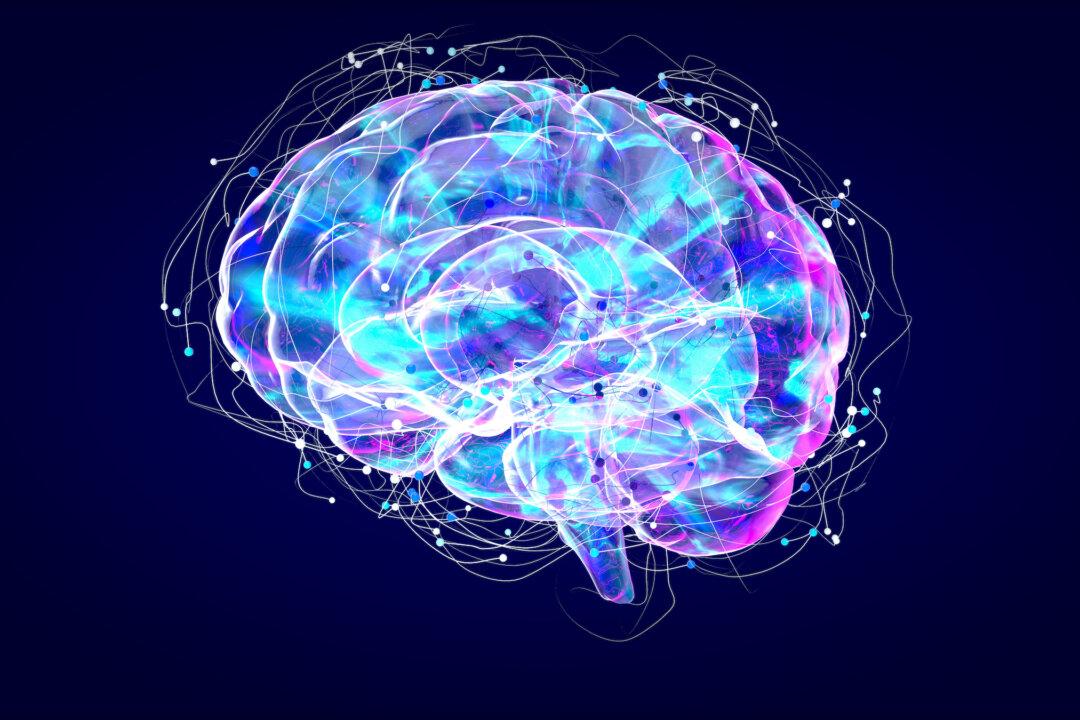Lots of people believe they know when they are dehydrated, but dehydration can be sneaky, not to mention unhealthy and dangerous.
Dehydration is when your body loses more fluids than you have replaced. You may have lost these fluids from excessive sweating (due to exercise, hot weather, or environment such as a sauna), diarrhea, or vomiting. When you lose fluids, you are losing more than just water; critical electrolytes such as calcium, sodium, magnesium, and potassium also are lost and can eventually result in serious health problems. Electrolytes in your blood and other body fluids carry the electric charges your muscles and brains cells need to function.





